Expanding Access to Justice in Alaska
Explore speaker biographies & article manuscripts for the 2024 Symposium
Note: Articles are drafts to be published in ALR's forthcoming Symposium Edition in December 2024.
Keynote Speaker: Nikole Nelson

Nikole NelsonCEO, Frontline Justice
Keynote Speaker
Panel 1: Perspectives on Tribal Jurisdiction

Alex CleghornChief Operating Officer, Alaska Native Justice Center

Kirsten Matoy CarlsonProfessor of Law, Wayne State University; Faculty Scholar, ABF/JPB Access to Justice Scholars Program

Kathrine CoonjohnJ.D. Candidate, Lewis & Clark Law School
Moderator
Panel 2: The Role of Technology in Expanding Legal Access in Courts

J.J. PrescottHenry King Ransom Professor of Law, University of Michigan; Co-Director, Empirical Legal Studies Center; Co-Director, Program in Law and Economics

Jeannie SatoDirector of Access to Justice Services, Alaska Court System
Panel 3: Accessing Environmental Justice in Alaska

Teresa ClemmerLegal Director, Trustees for Alaska
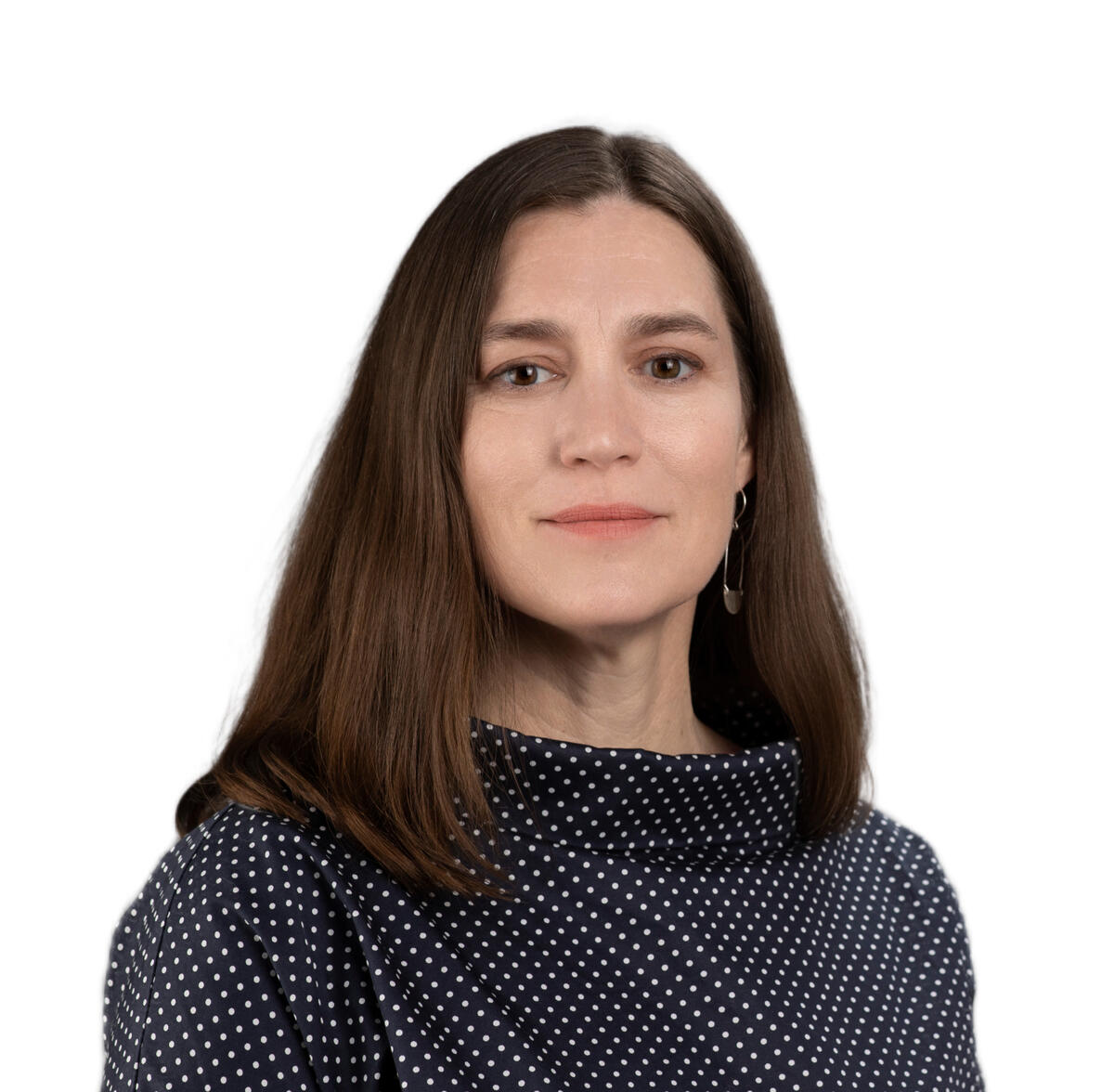
Carole HolleyManaging Attorney, Earthjustice, Alaska Office

Vi WaghiyiEnvironmental Health and Justice Program Director, Alaska Community Action on Toxics; Member, White House Environmental Justice Advisory Council

Charisse ArceSenior Attorney, Earthjustice, Alaska Office
Moderator
Panel 4: Power-Conscious Advocacy

Antonio CoronadoProject Lead, Innovation 4 Justice

Christine PateLegal Program Director, Alaska Network on Domestic Violence and Sexual Assault

Rick Haskins-GarciaDirector of Law and Policy, Alaska Native Women’s Resource Center
Moderator
Panel 5: North to the Future: Access to Justice and the Future of Justice Work

Rebecca SandefurDirector and Professor, Sanford School of Social and Family Dynamics, Arizona State University
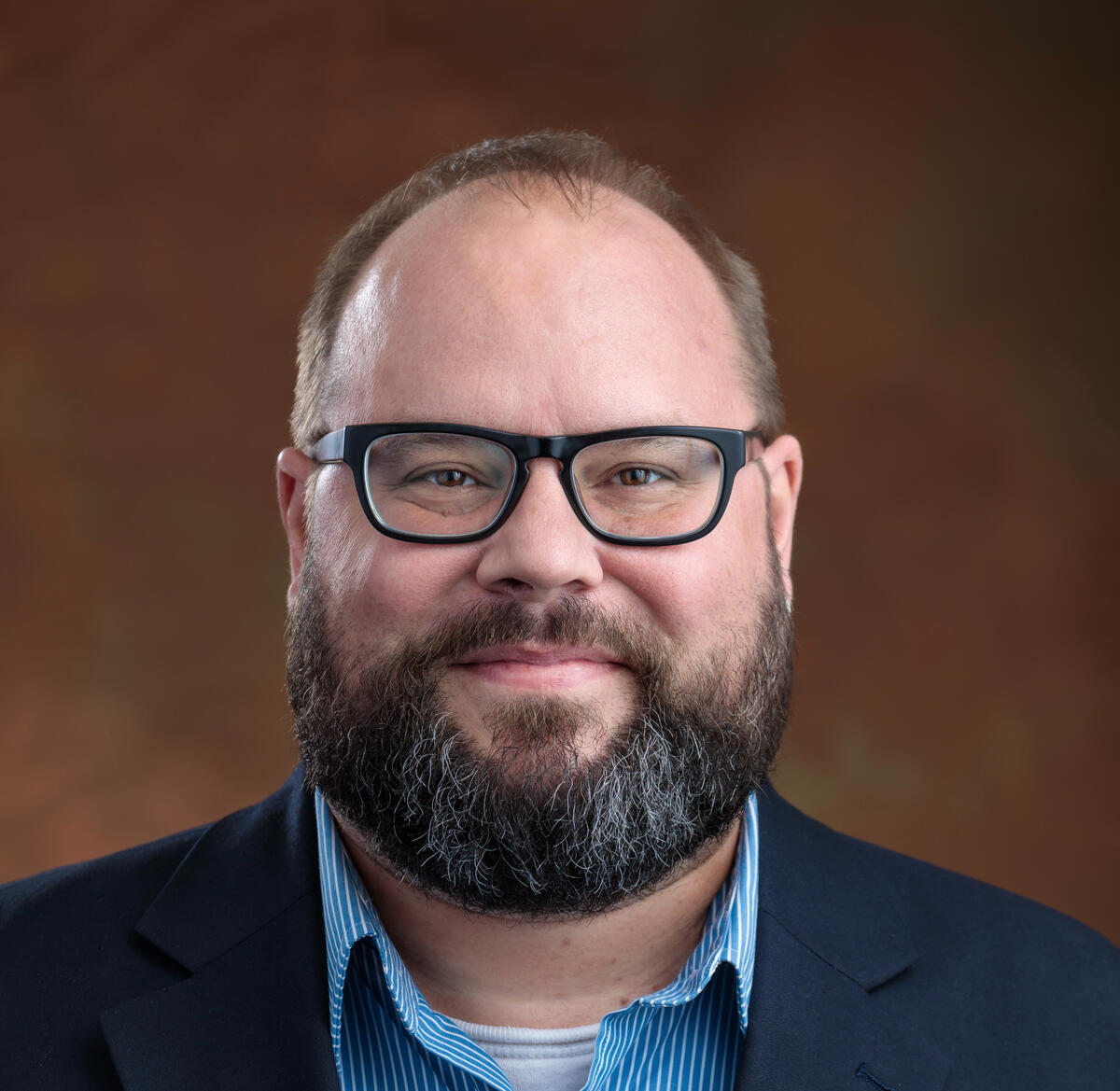
Matthew BurnettSenior Program Officer, American Bar Foundation; Adjunct Professor of Law, Georgetown Law

Joy AndersonCo-Director, Community Justice Worker Resource Center, Alaska Legal Services Corporation

Mara KimmelExecutive Director, ACLU of Alaska

Pearl PickettNative Law Supervising Attorney, Alaska Legal Services Corporation
Moderator
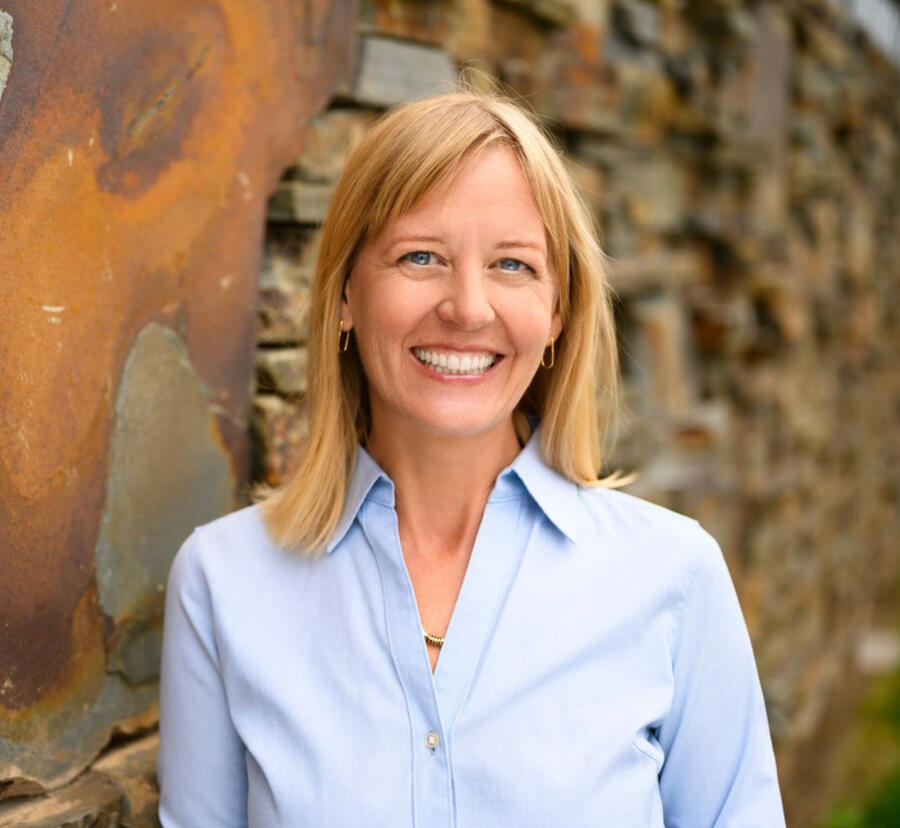
Nikole Nelson
CEO, Frontline Justice
BIONikole Nelson is the founding CEO of Frontline Justice. Prior to joining Frontline Justice Nikole was the Executive Director of Alaska Legal Services Corporation, Alaska’s only statewide provider of free civil aid. During her 25 years in the field, she worked to build community-led, people-centered justice models and to expand the scope of who can provide legal help including a groundbreaking launch of Partnering for Native Health, a Medical-Legal Partnership involving non-lawyer justice workers that won the 2019 World Justice Challenge. She also spearheaded reforming restrictions on unauthorized practice of law for justice workers in Alaska; these reforms were approved in 2022 by both the Alaska Supreme Court and State Bar Board of Governors. Nikole is a special advisor to the American Bar Association’s Standing Committee on Legal Aid and Indigent Defense (SCLAID) and is a member of the Legal Services Corporation’s Rural Justice Task Force.
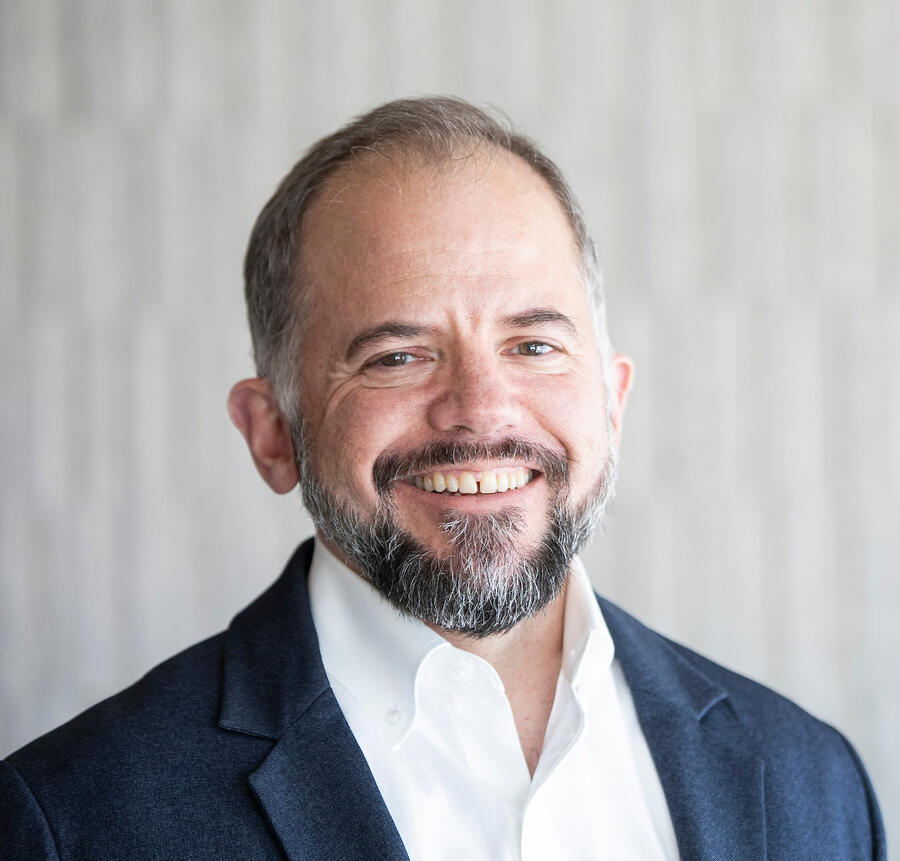
Alex Cleghorn
Chief Operating Officer, Alaska Native Justice Center
BIOAlex Cleghorn is the Chief Operating Office at the Alaska Native Justice Center. He directs ANJC's legal and policy agenda to further the mission of Justice for Alaska Native people and has led ANJC's growth in providing legal services and access to justice to Alaska Native people and Alaska Tribes. He provides training and technical assistance to support tribal justice initiatives.A lawyer for nearly 20 years, he has primarily represented Tribes and Tribal Organizations. He also served as an Assistant Attorney General and a Special Assistant to the Alaska Attorney General, where he led and coordinated efforts to build collaborative relationships between the State and Alaska Tribes. Before returning home to Alaska, Alex represented Tribes and served as a Tribal Court judge in California for many years.Alex is of Sugpiaq descent and reflecting Alaska’s unique legal landscape he is both a tribal citizen of Tangirnaq Native Village, and a shareholder of Natives of Kodiak, Koniag Incorporated and Cook Inlet
Region Inc. He is elected to serve on the Tribal Council of the Tangirnaq Native Village and as a Director of Koniag Inc. Alex is a husband and a father and lives in Anchorage with his family.

Kirsten Matoy Carlson
Professor of Law, Wayne State University; Faculty Scholar, ABF/JPB Access to Justice Scholars Program
BIOKirsten Matoy Carlson is a Professor of Law and Distinguished Board of Governor’s Faculty Fellow at Wayne State University. She is a leading authority on federal Indian law. Her interdisciplinary, empirical research investigates access to justice issues, including legal mobilization and law reform strategies used by Native peoples to reform law and policy effectively. Her work seeks to elevate Native voices in their quest for justice within the legal system. It has been funded by the American Bar Foundation/JPB Foundation Access to Justice Scholars Program, the National Science Foundation and the Levin Center at Wayne Law. Carlson earned a Ph.D. in Political Science and a J.D. from The University of Michigan and was a Fulbright Scholar in New Zealand.
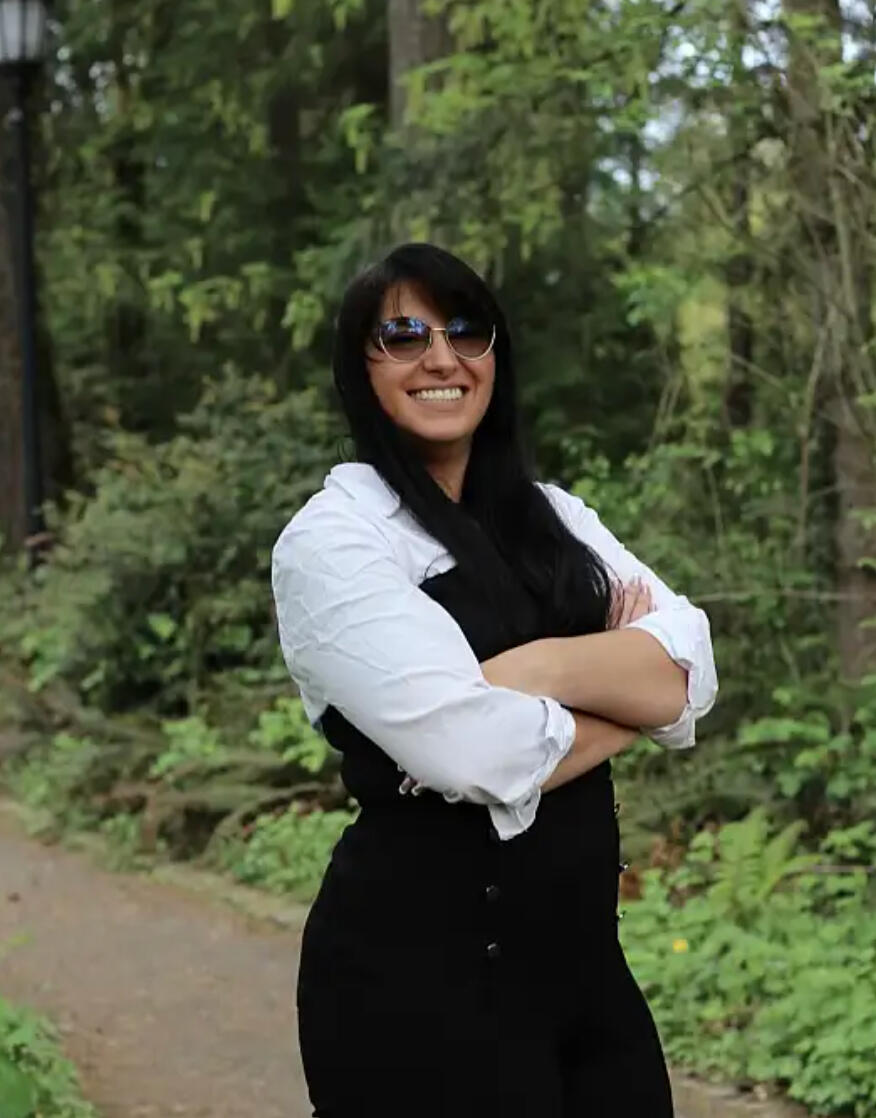
Kathrine Coonjohn
J.D. Candidate, Lewis & Clark Law School
BIOKathrine Coonjohn is a dedicated law student and the President of the Student Bar Association at Lewis & Clark Law School, where she also serves as the Executive Editor of the Lewis & Clark Law Review. Her leadership is marked by a focus on advocacy for students, particularly in the areas of financial autonomy, transparency and academic policy development. She is passionate about legal education, supporting initiatives aimed at enhancing access to education in Alaska and exploring the feasibility of establishing a law school there.Her academic pursuits include the study of Civil Procedure, Conflict of Laws, and Federal Indian Law, with a particular interest in Alaska Native legal issues. Kathrine has consistently advocated for diversity and inclusion within her current school, and also at the University of Alaska, where she attained her Master's Degree while working as staff until 2022. Her legal work has led her home to intern twice in Southeast Alaska, and she plans to return to Alaska after law school.Beyond her academic and professional endeavors, Kathrine enjoys practicing piano, baking, kayaking, and volunteering with the Friends of the Library in both Lake Oswego, OR and Juneau, AK. Kathrine is known for her pragmatic and solution-oriented approaches, coupled with a deep commitment to the communities she serves.
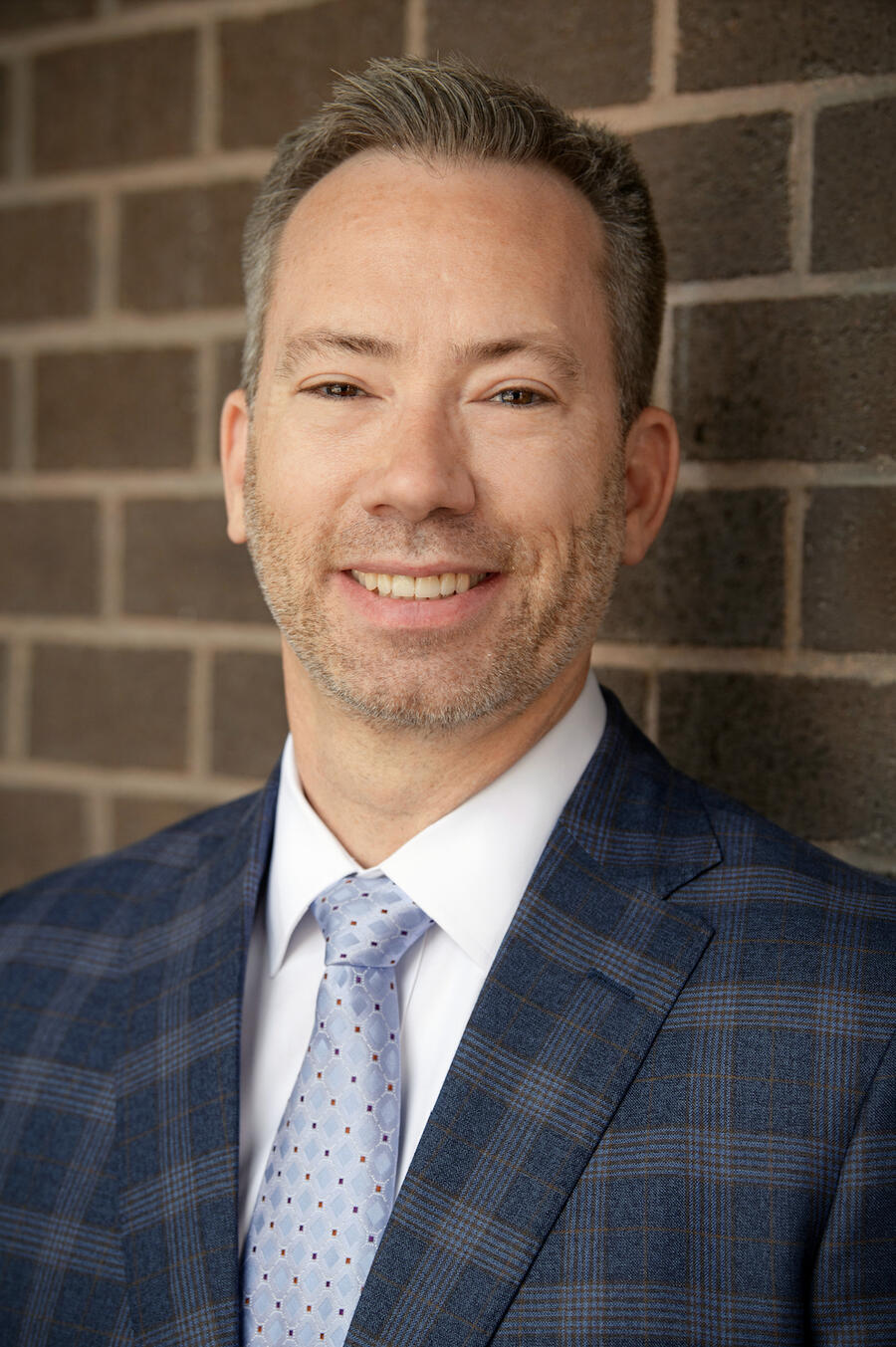
J.J. Prescott
Henry King Ransom Professor of Law, University of Michigan; Co-Director, Empirical Legal Studies Center; Co-Director, Program in Law and Economics
BIOJ.J. Prescott is the Henry King Ransom Professor of Law at the University of Michigan. His research interests revolve around criminal law, sentencing law and reform, access to justice, employment law, and the dynamics of civil litigation, particularly settlement. Much of his work is empirical in focus. Professor Prescott also spearheaded the development of Matterhorn, an online platform now available in more than twenty states and more than a hundred courts, which helps people facing warrants, fines, and minor criminal charges resolve their disputes online, often without the need for legal representation. Matterhorn also offers online dispute resolution to individuals with small claims, landlord/tenant, and other civil disputes. Professor Prescott earned his JD, magna cum laude, in 2002 from Harvard Law School, where he was the treasurer (Vol. 115) and an editor of the Harvard Law Review. After clerking for the Hon. Merrick B. Garland on the U.S. Court of Appeals, District of Columbia Circuit, he went on to earn a PhD in economics from the Massachusetts Institute of Technology in 2006.

Jeannie Sato
Director of Access to Justice Services, Alaska Court System
BIOJeannie Sato has been the Alaska Court System’s Director of Access to Justice Services since January of 2020, overseeing the court’s Family Law Self-Help Phone line, self-help webpages, dispute resolution programs, court forms, language access, state jury office, the Eviction Diversion Program, and various access to justice technology projects. She came to Alaska 30 years ago to clerk for the Alaska Supreme Court and never left. She clerked for both the Alaska Supreme Court and the Alaska Court of Appeals, and worked for Anchorage Youth Court and the Alaska Public Defender Agency, before transitioning to family law in 2007. She practiced as a family law litigator, mediator, collaborative attorney, and parenting coordinator until 2018, when she joined the Alaska Court System as the Justice for All Grant Project Implementation Manager.
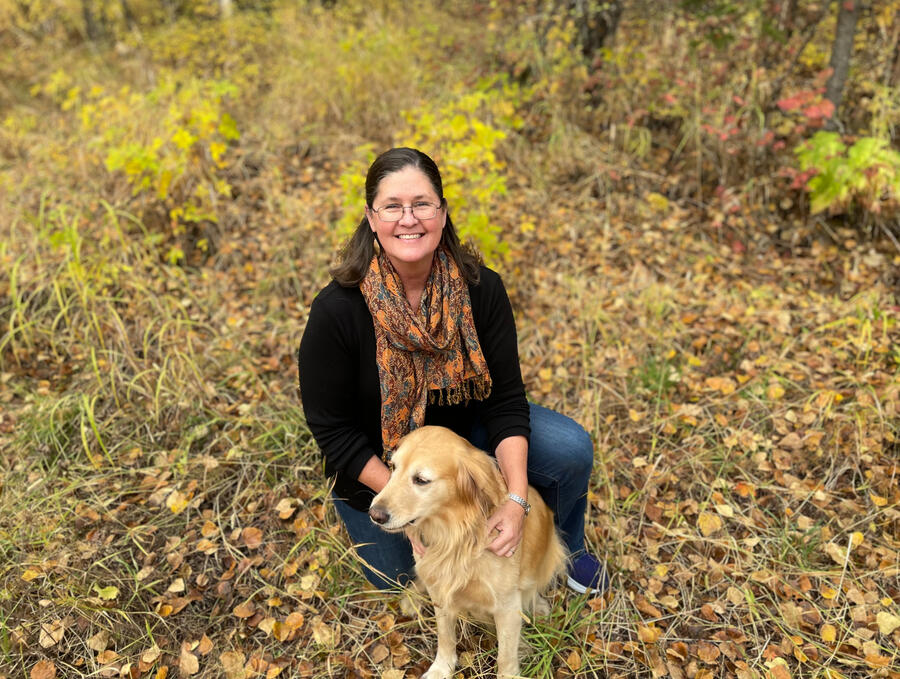
Teresa Clemmer
Legal Director, Trustees for Alaska
BIOTeresa Clemmer has been practicing environmental and natural resources law for twenty-five years, and she is currently serving as Legal Director at Trustees for Alaska, a public interest environmental law firm that works to protect Alaska’s wild places and address climate change for future generations. Before joining Trustees, worked in private practice at Bessenyey & Van Tuyn LLC and ran her own solo law practice, Clemmer Law Office LLC, here in Alaska. Teresa also spent four years at Vermont Law School, teaching environmental law courses, publishing academic papers, and directing the Environmental & Natural Resources Law Clinic. Teresa is a member of the prestigious American College of Environmental Lawyers and is serving on their Board of Regents. Teresa graduated with a bachelor’s degree in political science from Princeton University in 1994, and she received her law degree from Georgetown University Law Center in 1999.
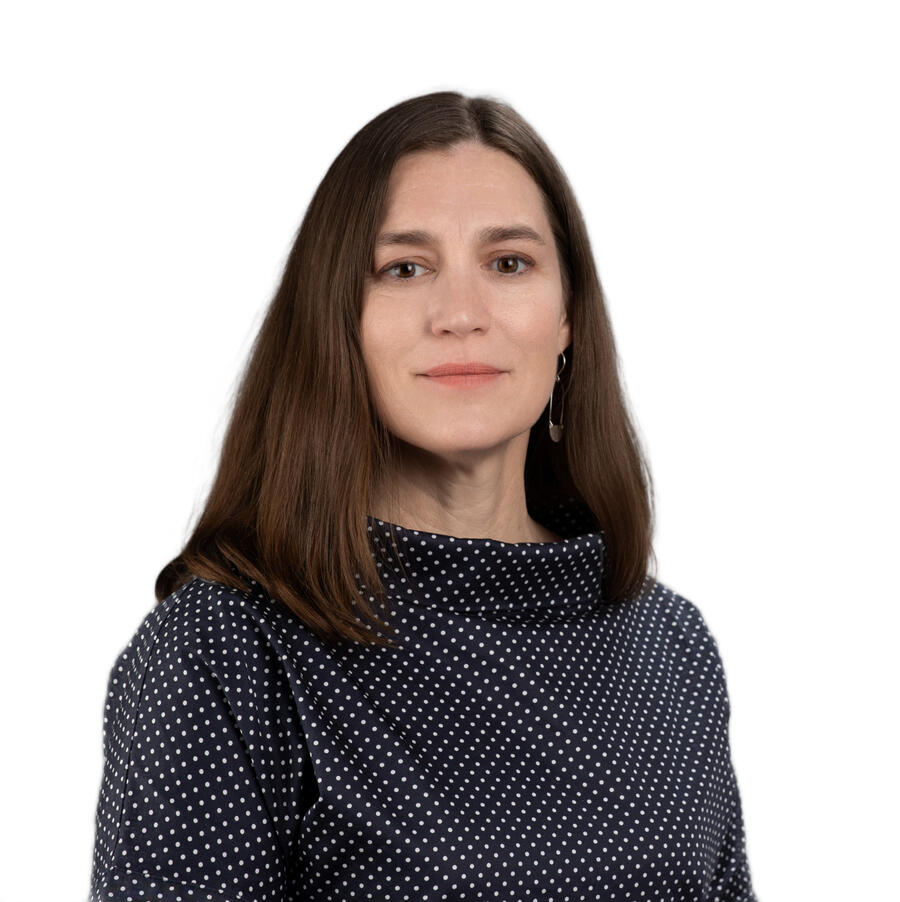
Carole Holley
Managing Attorney, Earthjustice, Alaska Office
BIOCarole A. Holley is the Managing Attorney of Earthjustice’s Alaska Regional Office, based in Anchorage. Carole has been working on environmental issues throughout her career, which has included service as an Assistant United States Attorney, a Special Assistant United States Attorney for environmental crimes, the Environmental Crimes Prosecutor for the State of Alaska, Co-Director for Pacific Environment’s Alaska Program, and as a litigation associate at a national law firm devoted to representing Native American interests. She also served as adjunct faculty at the University of Alaska-Anchorage teaching environmental science and served as the environmental program director for an Alaska Native Tribe in Interior Alaska. Carole received her bachelor’s in international studies from the School for International Training, a master’s degree in environmental studies from The Evergreen State College, and her law degree from the University of Washington, School of Law.
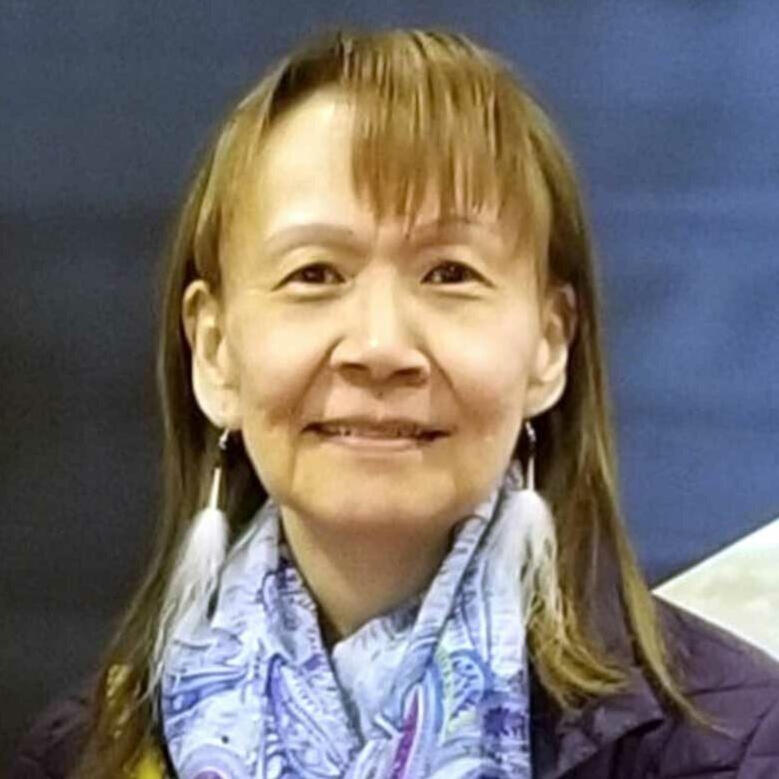
Vi Waghiyi
Environmental Health and Justice Program Director, Alaska Community Action on Toxics; Member, White House Environmental Justice Advisory Council
BIOVi is a Sivuqaq Yupik, Native Village of Savoonga Tribal Citizen, mother, and grandmother. Since 2002, she has worked with ACAT and serves as Environmental Health and Justice Director. She was appointed by President Biden to the White House Environmental Justice Advisory Council (WHEJAC) in April 2021. She is a nationally recognized environmental justice leader and is frequently invited to speak locally, nationally, and internationally. Vi serves as a leader of the Global Indigenous Peoples Caucus that advises the United Nation’s international delegates for treaties concerning persistent organic pollutants. She served as a member of the Environmental Health Sciences Council that advises the NIEHS.Vi received an Environmental Achievement Award from the Alaska Native Tribal Health Consortium in “Recognition of Valuable Contributions to Environmental Excellence in Alaska.” She received a certificate of appreciation from the leaders of her home village, Savoonga, “for the dedication and devoted service as an Ambassador of St. Lawrence Island for protecting our health and human rights.” She coordinates environmental health research projects in the Norton Sound region of Alaska and supervises the work of community researchers on Sivuqaq.
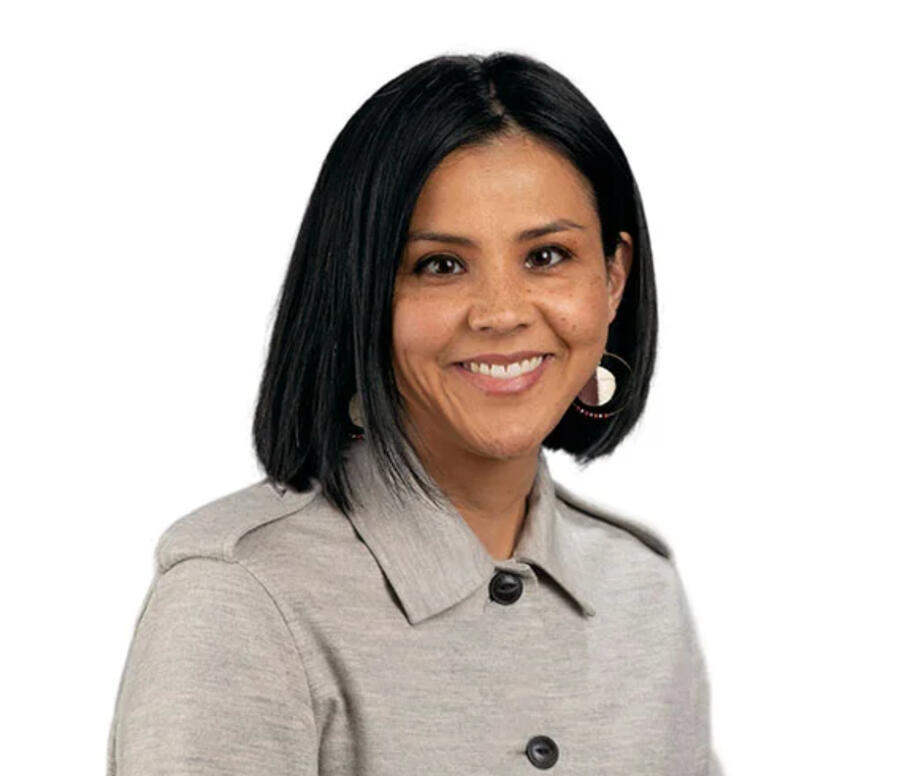
Charisse Arce
Senior Attorney, Earthjustice, Alaska Office
BIOCharisse Arce joined the Earthjustice Alaska regional office in January 2023. Prior to that, she served as an Assistant U.S. Attorney in both the Districts of Arizona and Alaska. In 2015, Charisse was selected as the first-ever Gaye L. Tenoso Indian Country legal fellow, part of the Attorney General’s Honors Attorney Program. Charisse worked in the Tucson U.S. Attorney’s Office and the Pascua Yaqui Prosecutor’s Office where she was assigned to the Indian Country Violent Crime Section. In 2018, Charisse transferred to the Anchorage U.S. Attorney’s Office where she served as the Tribal Liaison and prosecuted white collar, environmental, and wildlife trafficking cases.Ms. Arce received her law degree from Seattle University School of Law, where she served as an editor on the American Indian Law Journal. Charisse received her B.A. in Business Administration from Seattle University. She is an enrolled member of the Village of Iliamna.
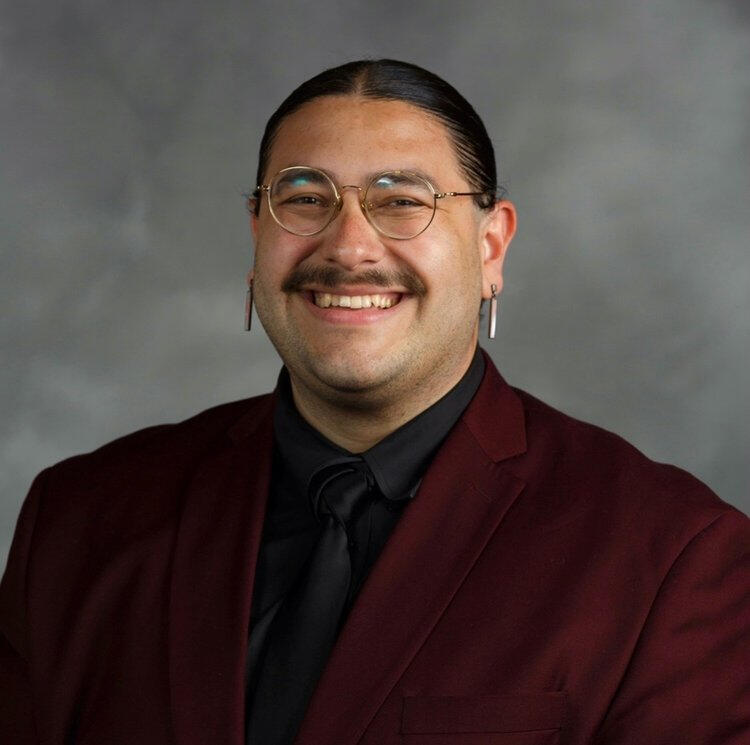
Antonio Coronado
Project Lead, Innovation 4 Justice
BIOAntonio M. Coronado is a Professor of Practice and the Community Legal Education Lead at Innovation for Justice, a social justice legal innovation lab jointly housed at the University of Arizona James E. Rogers College of Law and the University of Utah David Eccles School of Business. Antonio leads the training and programmatic development of i4J’s community-based justice worker initiatives in both Arizona and Utah. As an interdisciplinary storyteller and cross-jurisdictional advocate, Antonio works to build legal power, center the experiences of multiply marginalized peoples, and honor the scholarships of fellow queer and trans* writers of color. As a community educator, they are dedicated to practices of dreaming, disrupting, and radical reflection.

Christine Pate
Legal Program Director, Alaska Network on Domestic Violence and Sexual Assault
BIOChristine McLeod Pate (she/her) has been working to protect the rights of survivors of gender-based violence for over 30 years. She currently serves as the Legal Program Director for the Alaska Network on Domestic Violence and Sexual Assault (ANDVSA), Alaska’s 24-member dual coalition on domestic and sexual violence, where she has worked for the last 25 years. Christine earned her undergraduate degree in International Relations from Tufts University, magna cum laude, and her JD, cum laude, from NYU School of Law, where she was awarded the Ann Petluck Poses Award for her third-year clinical work defending parents accused of abuse and neglect in New York City family court.Following a judicial clerkship in Alaska, Christine served as a staff attorney for Alaska Legal Services (ALSC) in Fairbanks, Alaska. She left ALSC to lead a domestic and sexual violence program in Southeast Alaska, where she learned the fundamentals of grassroots advocacy for survivors. She was hired by ANDVSA in 1999, where she developed Alaska’s first statewide civil legal program specifically for survivors of gender-based violence. Christine is involved in litigation, legislative, and appellate work at ANDVSA, in addition to education and training for advocates and attorneys.For many years Christine has provided national training to civil legal attorneys and advocates through the American Bar Association Commission on Domestic and Sexual Violence, the Muskie Institute, and the Battered Women’s Justice Project. She is a 2003 recipient of the Alaska Bar Association’s Robert Hickerson Award for outstanding dedication and legal services to indigent individuals, a 2004 Sitka Woman of the Year, and a 2020 recipient of the Alaska Bar Foundation Jay Rabinowitz Award for Commitment to Public Service, and in 2024 she received the American Bar Association Sharon L. Corbett award for her leadership and service improving legal responses to domestic violence, dating violence, sexual assault, and stalking. In 2011, she was honored to be adopted in the Sik'nax.ádi Clan, Eagle moiety of the Tlingit nation.
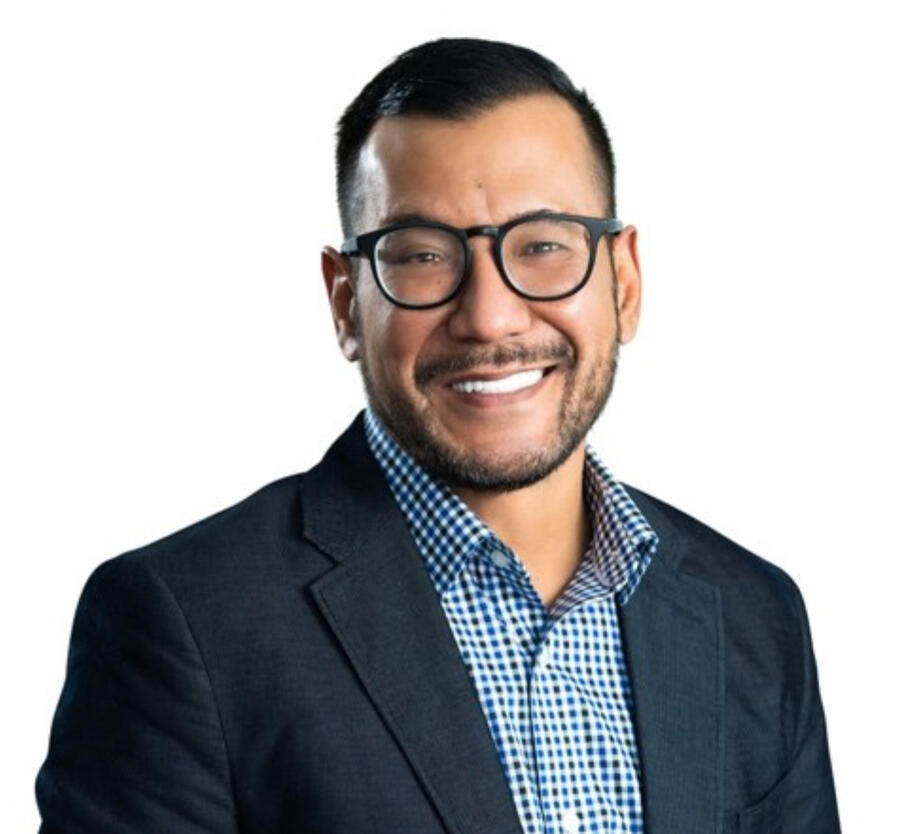
Rick Haskins-Garcia
Director of Law and Policy, Alaska Native Women’s Resource Center
BIORick A. Haskins-Garcia serves as the Director of Law and Policy for the Alaska Native Women’s Resource Center (AKNWRC). Rick was born in West Germany and raised in Fort Lauderdale, Florida.Rick moved to Alaska in 2018 and has dedicated himself to serving Alaska Tribes by providing training and technical assistance to Alaska tribal courts and justice systems. Prior to joining AKNWRC, Rick served as a Tribal Justice Facilitator with the Alaska Native Justice Center (ANJC) and the Tribal Justice Director and Associate General Counsel for the Association of Village Council Presidents (AVCP) in Bethel, Alaska. Rick also had the honor of serving as the District Court Magistrate Judge for the Alaska Court System’s 4th Judicial District, based in Aniak and Hooper Bay.Since 2018, most of Rick’s time in Alaska has been spent living and working off the road system in communities such as Bethel and Aniak. Through his work with AVCP, Rick had the opportunity to travel extensively to many Yukon-Kuskokwim Delta Villages, connecting with Tribes and assisting with tribal court and justice capacity building and training and technical assistance.Rick graduated cum laude from the Southern Illinois School of Law in 2009 and received his bachelor’s degree in Political Science cum laude from Florida Atlantic University in 2004. Rick has been a licensed Attorney for over a decade and is licensed in the state courts of Florida and Alaska and in the United States District Court for the Southern District of Florida.
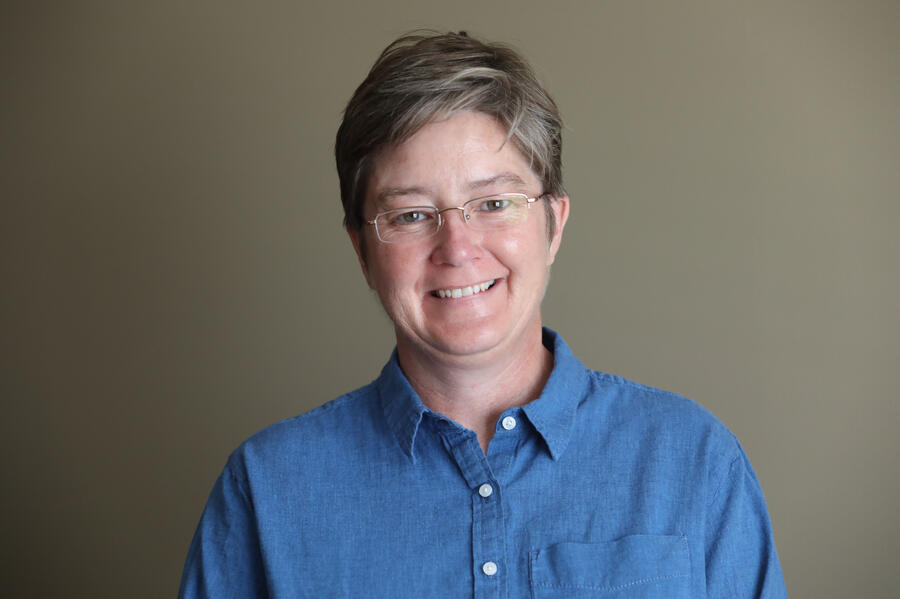
Rebecca Sandefur
Director and Professor, Sanford School of Social and Family Dynamics, Arizona State University
BIORebecca L. Sandefur is Professor in and Director of the Sanford School of Social and Family Dynamics at Arizona State University. She investigates access to civil justice from every angle -- from how legal services are delivered and consumed, to how civil legal aid is organized around the nation, to the role of pro bono, to the relative efficacy of lawyers, people who are not lawyers, and digital tools as advisers and representatives, to how ordinary people think about their justice problems and try to resolve them. In addition to her appointment at ASU, Sandefur is Faculty Fellow at the American Bar Foundation, where she founded and leads the Access to Justice Research Initiative. In 2018, she was named a MacArthur Fellow for her work on inequality and access to justice. She is co-founder, with Matthew Burnett, of Frontline Justice.
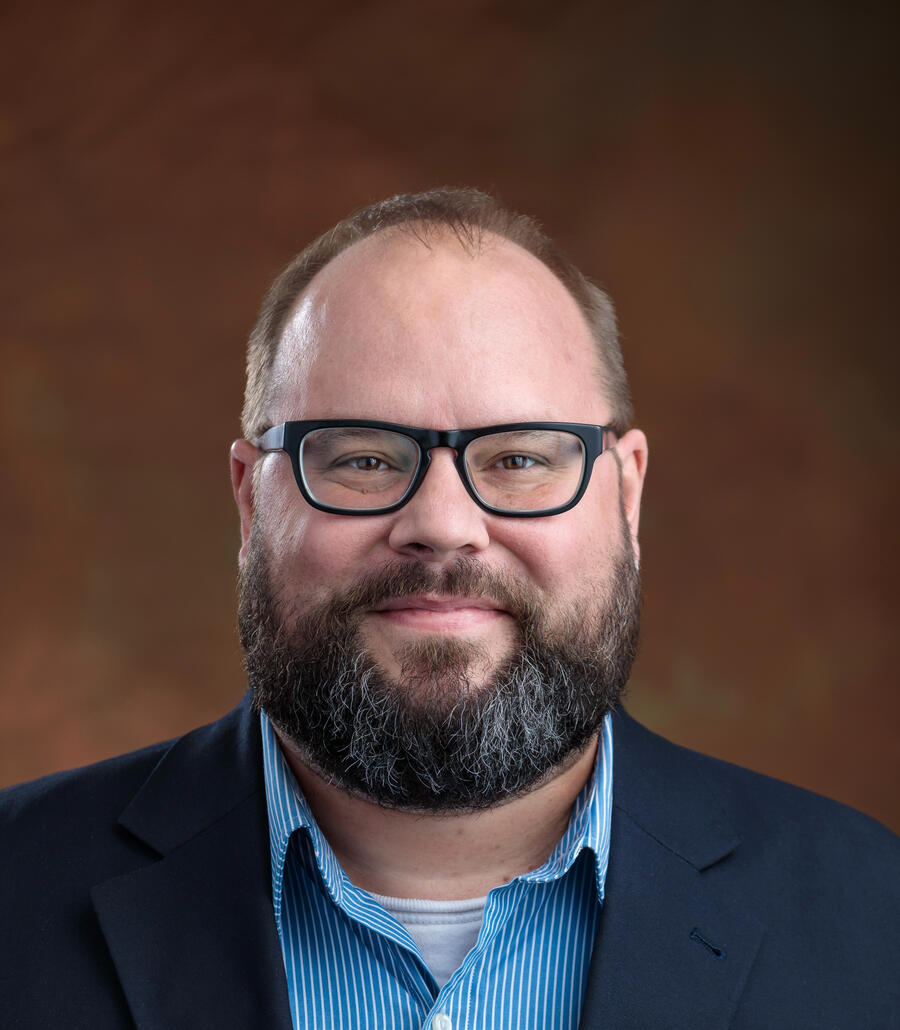
Matthew Burnett
Senior Program Officer, American Bar Foundation; Adjunct Professor of Law, Georgetown Law
BIOMatthew Burnett is Senior Program Officer for the Access to Justice Research Initiative at the American Bar Foundation (ABF), a visiting scholar for Justice Futures at Arizona State University, and an Adjunct Law Professor of Law at Georgetown University Law Center. Prior to joining the ABF, Matthew was Senior Policy Officer at Open Society Foundations (OSF), where he worked to advance access to justice and legal empowerment through research, advocacy, litigation, and grantmaking in Africa, Asia, Latin America, Eastern Europe, and the United States. Earlier in his career he co-founded and led the Immigration Advocates Network and served as law clerk to Justice Z.M. Yacoob of the Constitutional Court of South Africa.Matthew’s writing on access to justice and legal empowerment has appeared in more than 20 publications, and he has given more than 80 presentations and workshops around the world. His research has been funded by the National Science Foundation, the US Department of Justice Bureau of Justice Statistics, the World Bank, and the International Development Research Centre (Canada). Matthew currently serves as an advisor to the National Center for Access to Justice and is co-founder, with Rebecca Sandefur, of Frontline Justice.
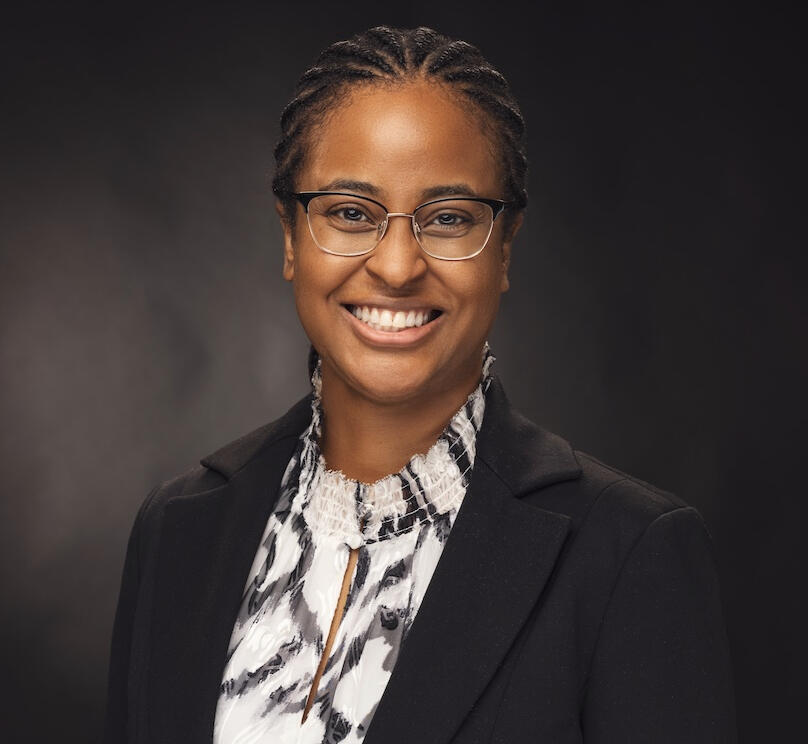
Joy Anderson
Co-Director, Community Justice Worker Resource Center, Alaska Legal Services Corporation
BIOJoy Anderson is a Co-Director for the Community Justice Worker Resource Center, an initiative of the Alaska Legal Services Corporation (ALSC). Previously, Joy served as the General Counsel of the Association of Village Council Presidents, a large non-profit tribal consortium of 56 federally recognized tribes in Western Alaska. Joy is experienced in representing and supporting Tribes and Tribal Organizations, particularly in the areas of corporate governance, Indian child welfare, and rural public safety. At ALSC she focuses on expanding access to justice, particularly in rural communities. Joy is a graduate of Oakwood University and Vanderbilt University Law School; originally from Alabama, she has lived in Bethel, Alaska for the past ten years.
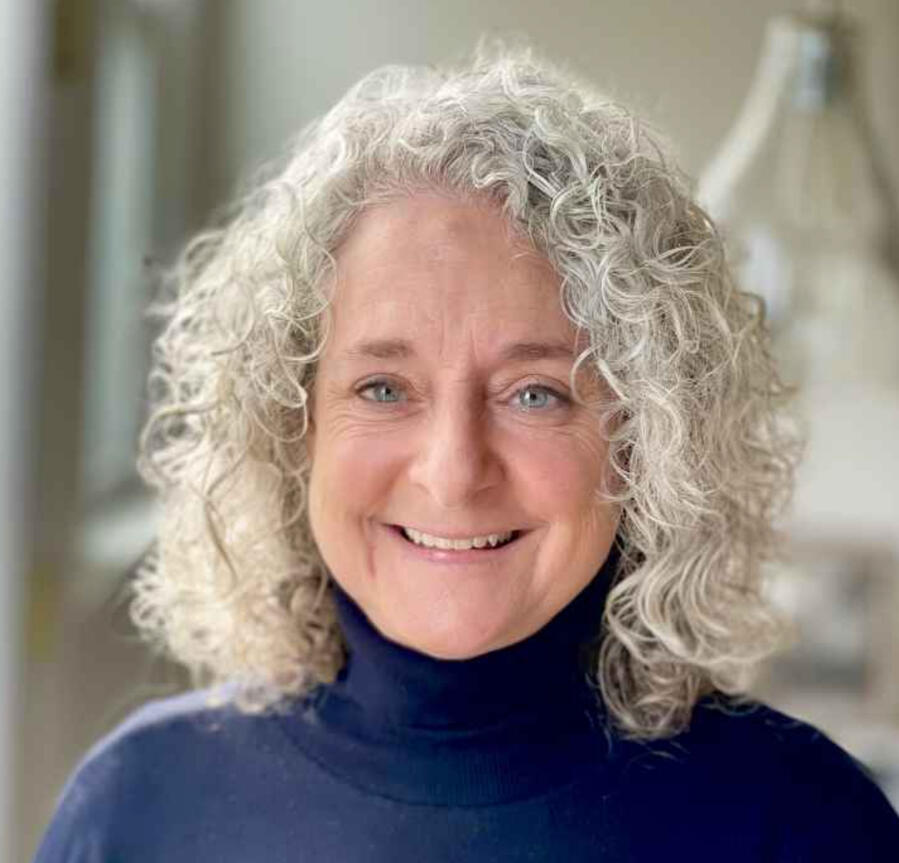
Mara Kimmel
Executive Director, ACLU of Alaska
BIOMara has a long career in Alaskan public policy focused on rights and justice in northern communities, and has served as Executive Director of the ACLU of Alaska since May of 2022. She has been on faculty at the Seattle University School of Law, the University of Alaska Anchorage and Alaska Pacific University. Mara has worked as an immigration attorney and as an advocate for tribal subsistence rights. Previously, Mara has been involved with several city initiatives focused on equity, resilience and combatting human trafficking. She serves on the national board of directors for Welcoming America, on the regional advisory board for the Anti-Defamation League, and as a board member and co-founder of the Alaska Institute for Justice. Mara has a PhD from Central European University, a JD from the University of Minnesota School of Law, a Masters’ degree from the University of Alaska Fairbanks and a Bachelors’ degree from the University of California Berkeley.

Pearl Pickett
Native Law Supervising Attorney, Alaska Legal Services Corporation
BIOPearl Pickett (she/her) is the Native Law Supervising Attorney with Alaska Legal Services Corporation. She has practiced law, with a focus on representing tribal clients in child welfare proceedings, since 2013, and is a member of the Alaska Bar Association.